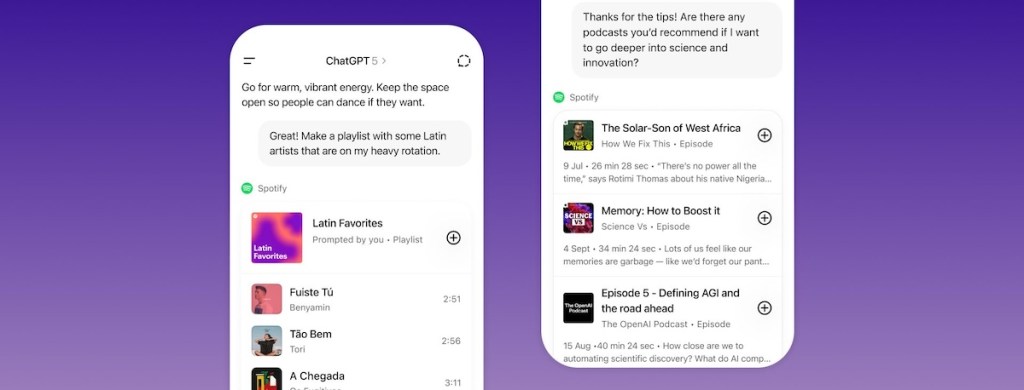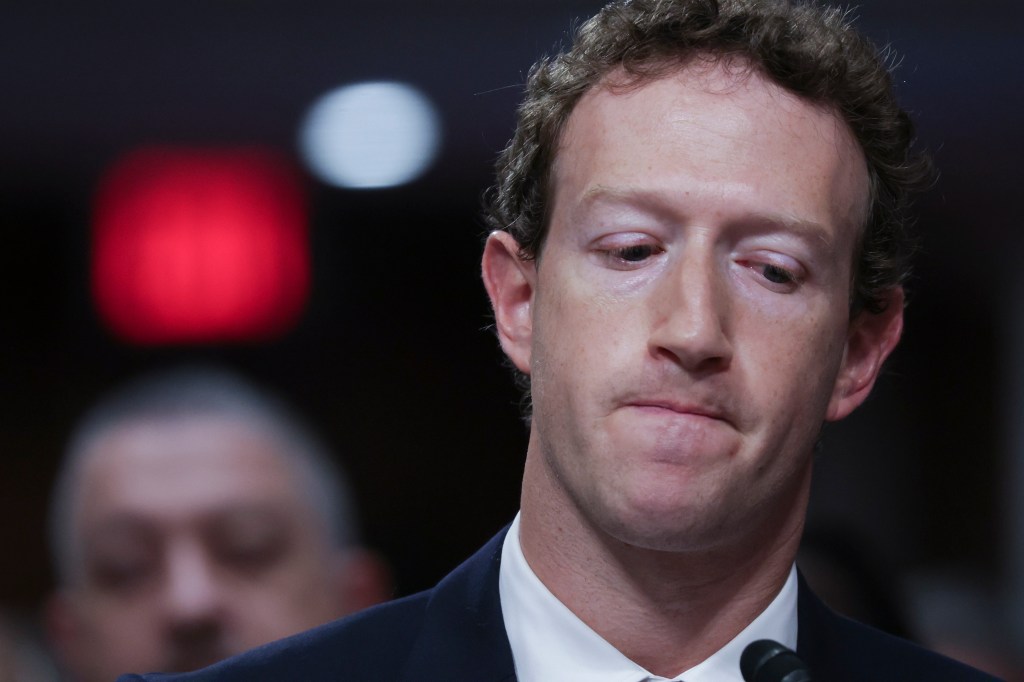In recent months, Yahoo has discreetly eliminated several sections from its corporate website that were previously dedicated to Diversity, Equity, and Inclusion (DEI) initiatives. This move aligns with a growing trend among major corporations reevaluating their public commitment to DEI programs in response to evolving political and legal landscapes.
Yahoo’s Website Changes
Historically, Yahoo maintained a robust online presence highlighting its DEI efforts. A dedicated DEI page showcased the company’s commitment to fostering an inclusive workplace. However, as of late 2024, this page has been removed, now redirecting visitors to Yahoo’s executive leadership page. Additionally, the company’s 2022 diversity report, once accessible to the public, now returns a page not found error. Notably, job postings on Yahoo’s career site still reference the former DEI page, indicating that the removal may not have been comprehensively communicated internally.
Brenden Lee, a spokesperson for Yahoo, addressed these changes, stating: We revamped our corporate website late last year as the first part of a planned, multi-phase redesign timed to CES and our Yahoo Ads relaunch. The first phase reduced the total volume of content by nearly 60 percent with a focus on streamlining navigation and spotlighting our advertising and business solutions.
Broader Corporate Trends
Yahoo’s actions are not isolated. Several prominent tech companies have recently scaled back their public DEI commitments:
– Google: The tech giant has announced plans to gradually reduce its DEI programs. Notably, its 2024 annual report filed with the Securities and Exchange Commission omitted the phrase We make diversity, equity and inclusion a part of everything we do, which had been included in reports from 2021 to 2023.
– OpenAI: The artificial intelligence research organization removed its Commitment to Diversity page, replacing it with a more general Building Dynamic Teams page that omits previous DEI language.
– Meta: Prior to the current administration’s inauguration, Meta eliminated its corporate DEI programs, citing a changing legal landscape regarding DEI.
– Amazon: The e-commerce leader deleted references to DEI from its annual report filed with regulators.
– Ziff Davis: The media conglomerate, owner of sites like IGN and CNET, quietly removed DEI language from its website, including information about diversity-focused employee resource groups and inclusion-based hiring goals.
Political and Legal Influences
The shift in corporate DEI commitments coincides with significant political and legal developments. Upon taking office in January 2025, President Trump signed an executive order titled Abolish Radical and Wasteful Government DEI Programs and Incentives, which aimed to eliminate DEI-based support measures and emphasized hiring based on individual skills and performance. This order has placed considerable pressure on both public and private sectors to reassess their DEI initiatives.
In February 2025, U.S. Attorney General Pam Bondi directed the Department of Justice to investigate, eliminate, and penalize DEI programs deemed illegal in private sector companies receiving federal funds. This directive has led to increased scrutiny and potential legal challenges for companies maintaining DEI programs.
Implications for the Tech Industry
The tech industry, once at the forefront of promoting diversity and inclusion, is now witnessing a significant rollback of DEI initiatives. This trend raises concerns about the future of workplace diversity and the potential impact on innovation and company culture. Critics argue that dismantling DEI programs could lead to a less inclusive environment, potentially stifling diverse perspectives that drive creativity and problem-solving.
Conclusion
Yahoo’s removal of DEI content from its website reflects a broader corporate response to the current political and legal climate. As companies navigate these changes, the balance between compliance with new regulations and maintaining a commitment to diversity and inclusion remains a complex and evolving challenge.



